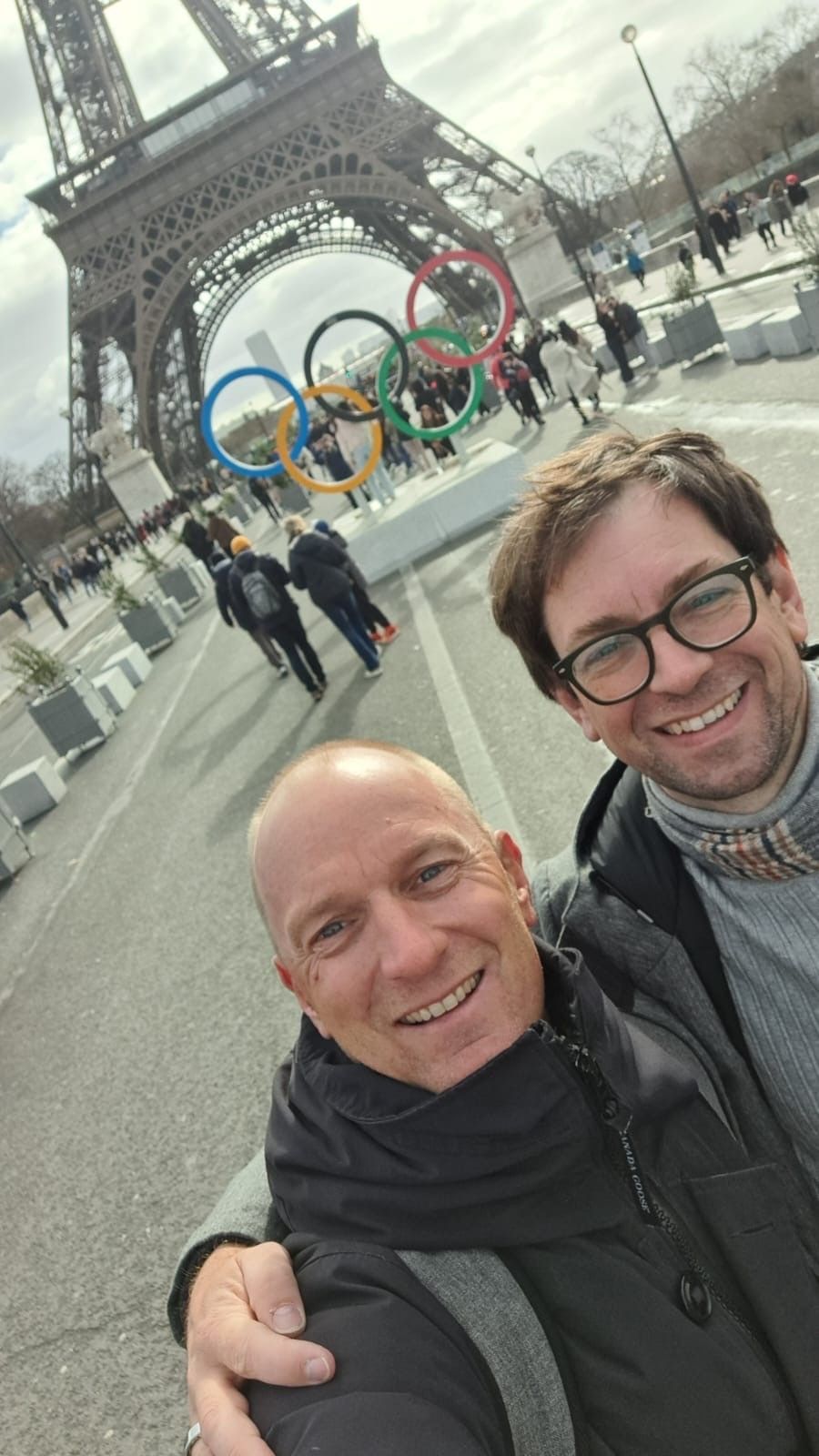The Olympic Games captures the imagination of billions, but Paris 2024 proved it can also reimagine economies. Before teams were selected and athletes even qualified, something revolutionary happened behind the scenes. Paris 2024 was being shaped by a procurement strategy that would ensure social enterprises would be core contributors to the delivery of goods and services for the Games.
The organisers of Paris 2024 knew this was more than a sporting event, they saw it as an opportunity to accelerate social impact and innovation. In 2018, six years before all eyes would be on France, ESS 2024 (Economie Sociale et Solidaire / Social and Solidarity Economy) was established. The aim was simple - to create a platform to connect Games organisers with social enterprises and local businesses, giving them the chance to tender for Olympic projects.
As part of ESS 2024, 10% of all hours worked across the Games were to be delivered by people facing barriers to employment. This was across 36 industries including construction, catering and logistics. This commitment was a gamechanger. It cemented the role of social enterprises and local businesses focused on social outcomes in the Games.
Three principles guided the procurement strategy:
- Legacy in mind: Every transaction should consider post-Games life and long-term community use.
- Inclusivity and accessibility: Procurement processes were designed so SMEs and social enterprises could compete.
- Multiplier effect: Each contract was leveraged to accelerate social innovation and inclusion.
From this a number of social enterprises were born and existing organisations expanded their remit to deliver goods and services at scale. Few stories capture the spirit of the strategy better than Le Pavé.
Stadium seats from recycled plastic.
Le Pavé began in 2016 as a small enterprise experimenting with a pizza oven to melt down discarded plastic and turn it into usable panels. Their vision was to tackle plastic waste.
Through ESS 2024, Le Pavé was connected to major infrastructure contracts and were subsequently engaged to manufacture stadium seats from community-sourced plastic waste. In total they produced 11,000 spectator seats, while creating meaningful employment opportunities for people from disadvantaged backgrounds.
The exposure of delivering at an Olympic scale propelled Le Pavé into new markets. Today, they are seen as innovators not just in recycling, but in inclusive, circular economy manufacturing.
While Le Pavé was a demonstration of infrastructure delivery for Paris 2024, Groupe Vitamine T provides a similar story with a focus on people.
Millions of hours of work created for people previously excluded.
For decades, Groupe Vitamine T – arguably the largest jobs-focused social enterprise group in France - has specialised in helping people excluded from the labour market to find pathways into meaningful work. Their approach has always been focused on transitions: providing contracts, training, and support that helps people move into long-term employment.
Through the ESS 2024 platform, Groupe Vitamine T was connected to major delivery opportunities during the Games, including the provision of wayfinding and staffing services. One of the most significant delivery sites was at Pulse, the headquarters of the Paris 2024 Organising Committee, where they partnered with Vinci Facilities and La Conciergerie Solidaire to deliver facility management services such as reception, mail, concierge, and maintenance. This resulted in hundreds of new jobs opportunities for the communities Groupe Vitamine T supports.
According to ESS’s evaluation report a total of 3.5 million hours of work was generated for people experiencing barriers to employment. More than 600 enterprises were engaged for work through the platform, with 94% from the social economy sector and €2 million was awarded in contracts to businesses focused on disability and inclusion.

White Box CEO Luke Terry (right) and Nico Deloux, Head of Philanthropy and Partnerships on a French exploration tour in February 2025
Why this matters for Brisbane 2032.
The Brisbane Games will be one of the largest procurement events in Queensland over the next five to 10 years. Every tender, from construction to catering, logistics to signage, can be an opportunity to drive inclusive employment and act as a springboard for social enterprises into major supply chains, building a legacy of long-term capability.
At White Box, we’ve studied the Paris 2024 playbook and are excited to be part of the collective helping to bring this opportunity to life alongside Social Traders, Queensland Social Enterprise Council, SEFA, Supply Nation, WEConnect and the English Family Foundation. We are now working together to link it all to the Australian context. Our message to the sector is simple: this is our moment. The Games are not just a global event; they are a once-in-a-generation chance to showcase how social enterprises can deliver economic and social value at scale.
Brisbane 2032 will put Queensland on the world stage. Let's make sure we use this as a springboard to accelerate the growth of social enterprise too.
If you’re curious to learn more about the social enterprise sector’s collaborative approach to Brisbane Olympics 2032, register for a special launch webinar 12pm AEST, Monday 15 September, hosted by Philanthropy Australia and MinterEllison Brisbane.

